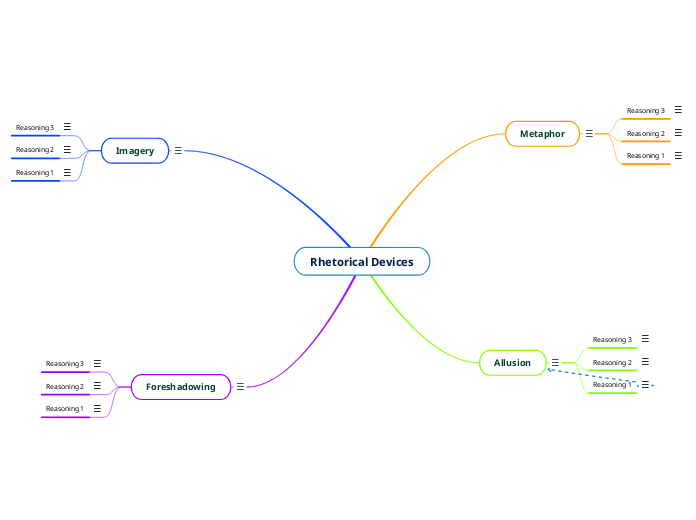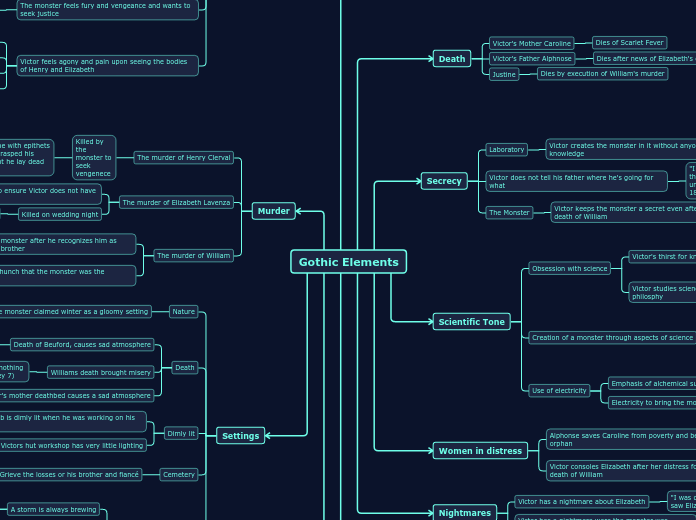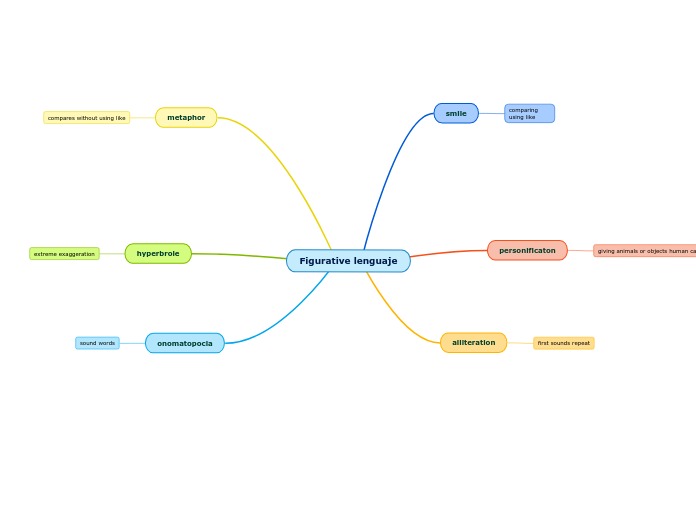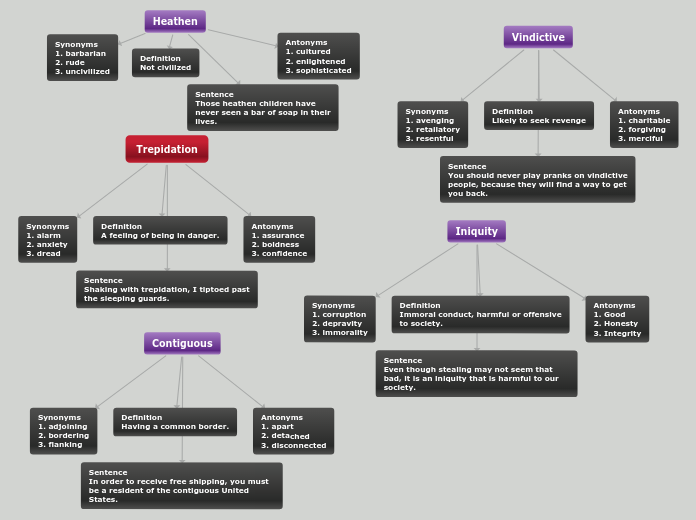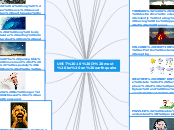Rhetorical Devices
Foreshadowing
Mary Shelley used foreshadowing as a means to tell the reader that a character was about to be killed by the monster. Elizabeth's death is arguably the most heavily foreshadowed in the book.
insert quote dont forget
Elizabeth's death was foreshadowed in a multitude of ways. After the monster comes to life, Victor has a nightmare envisioning a lying-dead Elizabeth. Connecting the two points being that the monster is alive and Elizabeth was lifeless in his dream, it foreshadows a conflict between the two characters resulting in Elizabeth's death. Elizabeth's death is then foreshadowed greatly as the book continues. With her and Victor's marriage nearing, the conflict that Victor and the monster had earlier would seal Elizabeth's demise. Victor was demanded by the monster to create a female companion for him so he wouldn't feel the loneliness and hatred that drives him to kill. Victor agreed to the creation and started assembling the monster but soon halted. The monster enraged with Victor stopping the creation, vows to be at his wedding night. In saying this, it creates a very unsafe environment for Victor and Elizabeth to be in. Victor "killing" the companion of the monster became harsh irony when Victor's companion Elizabeth was strangled.
Mary Shelley foreshadowed Elizabeth's death as a way to punish Victor for his creation and make it known that he is the reason why they're dead. Elizabeth was very much loved by everyone around her including Victor, so killing her would create more drama and sorrow for Victor to handle.
Mary creates an unsettling suspense of Elizabeth's death by using a combination of Victor's dreams and the monster's unsettling statement about him making an appearance on Victor and Elizabeth's wedding day.
Imagery
“His yellow skin scarcely covered the work of muscles and arteries beneath; his hair was of a lustrous black, and flowing; his teeth of a pearly whiteness; but these luxuriances only formed a more horrid contrast with his watery eyes, that seemed almost of the same colour as the dun-white sockets in which they were set, his shrivelled complexion and straight black lips.”
pg 70 c5
Mary Shelley uses great imagery to give the reader an unsettling image of the monster that Victor created, describing it with abnormal attributes. In doing this she successfully sells the idea of the monster being a decrepit creature who is unhuman-like. She attempts to give the reader a fearful feeling similar to how Victor was feeling upon creating the monster. She describes the attributes that Victor believed would make the creation look good and then associates them with how they make the monster look worse instead. An example of this is how the perfect white teeth only created an uncanny contrast to his other facial features like the yellowed eyes or his blackened lips.
The reason Mary Shelley dwells so deeply into the attributes of the monster is that she wants the readers to be left with a horrific view of the monster. This is because it helps build the character of the monster later in the book, making him appear to be a heartless killer with a horrific look.
Mary gives imagery of the monster so the reader has an idea of the terrifying affect it gave Victor upon him seeing his creation. She gives a harsh description so people won't mistake the monster for being good looking.
Allusion
Sweet and beloved Elizabeth! I read and re-read her letter and some softened feelings stole into my heart and dared to whisper paradisiacal dreams of love and joy; but the apple was already eaten, and the angel’s arm bared to drive me from all hope.
chap 22 pg 229
This allusion references the story of Adam and Eve. When Eve ate the forbidden apple and was banished from Eden along with Adam.
She uses this allusion to show how much Victor appreciated the letter and to show how much love he had for her.
Mary uses this allusion to build a love story between the two. It can be inferred that she did this to make the death of Elizabeth more devastating for Victor since he had loved her.
Metaphor
"..."vivid flashes of lightning dazzled my eyes, illuminating the lake, making it appear like a vast sheet of fire..." Chapter 7 Pg. 92
Reasoning 1
Mary Shelley uses this metaphor by comparing the appearance of the lake during the lightning storm to an abundance of fiery grass patches.
Reasoning 2
Mary Shelley used this metaphor because it greatly helped describe the aggressiveness of the lightning storm. Comparing a "vast sheet of fire" and an illuminated lake assisted in giving the reader a great interpretation of how strong the storm was.
Reasoning 3
She uses this metaphor to create a dramatic effect.
